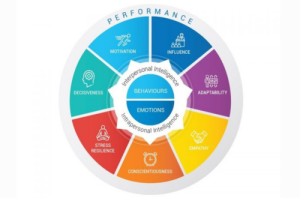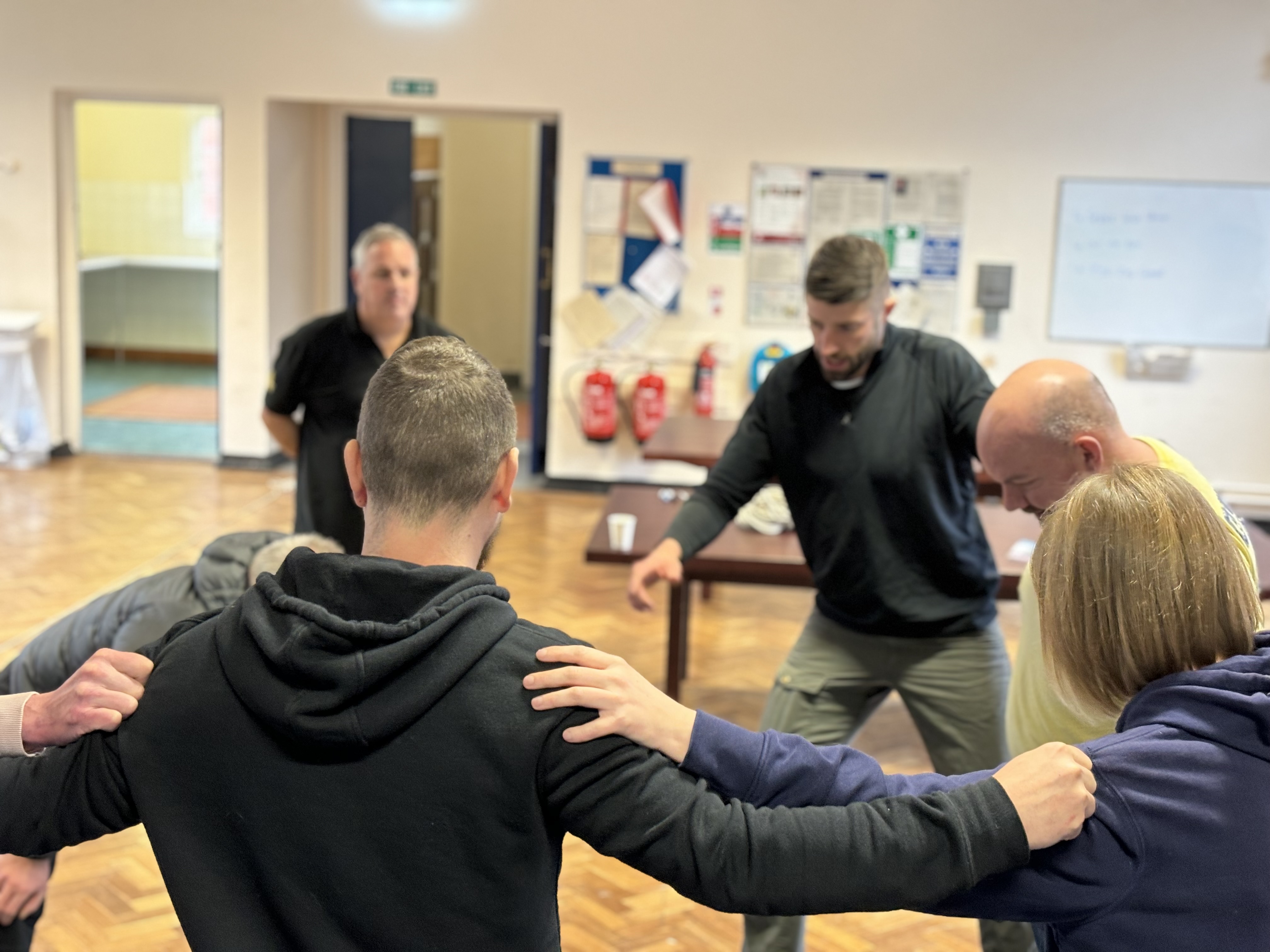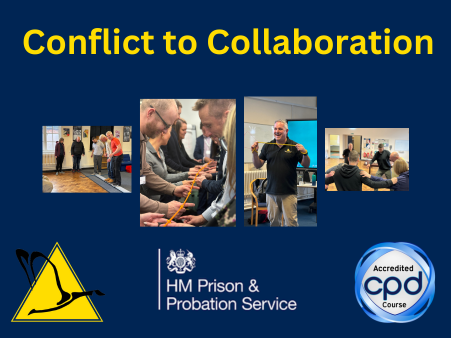Case Study: Emotional Intelligence interventions lead to zero re-offending in prisoners
Apparently…there are around 1200 spaces available in UK prisons currently…so much so… we will need to consider releasing offenders earlier in their sentence…or we will very quickly run out of prison cells.
What if….. there was a proven process, audited by the Ministry of Justice, where we could ELIMINATE RE-OFFENDING in prisoners once released?
According to the newly appointed Prisons, Parole & Probation Minister James Timpson, it seems that the current re-offending statistics are running at around 80%.
If we DO have to release prisoners earlier from their sentences… wouldn’t it be re-assuring to know that there was an intervention which would significantly reduce, or even eliminate their temptations to re-offend…well…now there is!
We ran a successful pilot, sponsored by the Ministry or Justice, that focused on 15 prisoners who were chosen to participate in a special programme to develop their emotional intelligence during their 6 months of resettlement.
We were asked to design a series of experiential learning workshops to help prisoners with their rehabilitation as part of their 6-month resettlement programmes.
The main outcome from this pilot programme was realised 3 years after release – none of the now ex-prisoners have re-offended (statistics that have been verified by the Home Office and Detention Centre).
Using Emotional Intelligence interventions to measurably increase empathy in prisoners
 Research had previously suggested that women prisoners may have lower levels of empathy than people who are not part of the prison system. This led us to organise a sample of prisoners to complete the EBW Emotional Intelligence assessment to gauge their empathy levels.
Research had previously suggested that women prisoners may have lower levels of empathy than people who are not part of the prison system. This led us to organise a sample of prisoners to complete the EBW Emotional Intelligence assessment to gauge their empathy levels.
The results from this activity supported previous research, and showed that many prisoners in the sample had significantly low empathy scores (2 or 3 out of 10). However, it is important to note that this study only looked at a small sample of women prisoners, and more research will be required to confirm these findings. Additionally, it is possible that the lower levels of empathy in women prisoners are due to the trauma and abuse that they have experienced in their lives, rather than to any inherent lack of empathy.
We used the EBW Business Emotional Intelligence assessment and development report to conduct accurate ‘personal profiling’ of all attendees’ Emotional Intelligence levels at the beginning of the resettlement period.
Although the consistency of these low empathy scores worried me initially – considering that the women prisoners were serving a sentence due to GBH, bullying and physical attacks etc – once we had analysed the results and considered their reason for being arrested – it became clear that they thought ‘nothing’ of harming other individuals (for which they had been imprisoned) due to their low empathy/respect/compassion for other individuals.
Using Experiential Learning to create a safe-space for Transformation
After the initial Emotional Intelligence profiling of all prisoners using the EBW assessment, a series of our experiential games and activities were designed in order to increase their empathy within this cohort of prisoners. These activities, delivered twice a month, strongly focused on building respect and empathy during their 6-month resettlement training prior to their release.
Results
At the end of the 6-month period of bi-monthly interventions involving our activities, we repeated the EBW Emotional Intelligence assessment profiling for all prisoners and found that their individual scores for EMPATHY had increased significantly – the delegates’ Empathy scores had risen from 2 or 3 out of 10, to 7’s and 8’s out of 10. There was a 55% increase in Empathy across the whole cohort.
3 years after the Emotional Intelligence Interventions
Upon release, all attendees to the programme were monitored. Three years after the prisoners’ release, the results were astounding – NONE of the cohort of 15 prisoners had re-offended.
The Ministry of Justice (MoJ) confirmed to us that this result was “unprecedented” because the usual re-offending rate for all prisoners is “around 25%”.
The MoJ wanted to know what we had done to prevent this group from re-offending. Once we explained the content of our interventions i.e. the EBW Emotional Intelligence profiling and our Experiential Learning Activities, the MoJ asked if the same content and interventions would help in preventing vulnerable people and groups from offending in the first place.
As a consequence, we are now working with the MoJ and the Home Office on a number of Community Projects around the UK where we are seeing amazing results in the reduction of ASBO’s, Behaviours and Attitudes of Young People (pre-offenders) and those tempted by Drug Abuse, County Lines, Knife and Hate Crimes with Schools, Colleges, Universities and Communities. We are also active within 50 Prisons and Offender Units across the UK.




